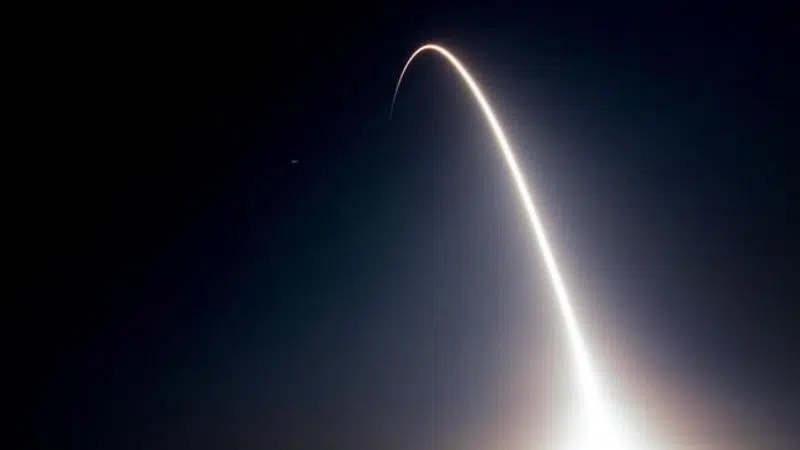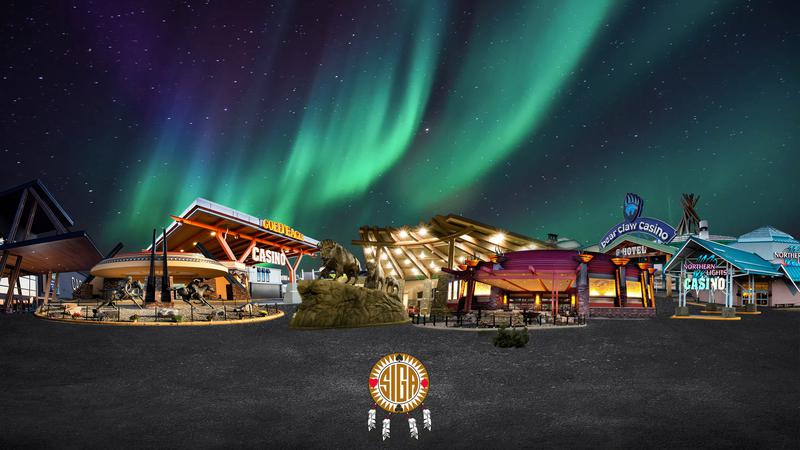
Government delays threaten N.W.T. satellite data industry: company
A Norwegian company with millions of dollars invested in the Canadian North is weeks away from losing a major contract in the emerging space satellite industry because of a lengthy government delay.
Kongsberg Satellite Services owns seven satellite-reading antennas in Inuvik, N.W.T. The community’s location on Canada’s northwestern tip makes it an ideal spot for downloading data from the ever-growing number of government-owned and private satellites orbiting the Earth.
The company, known as KSAT, has a contract with the European Space Agency to handle data from its Sentinel satellites, the agency’s flagship environmental monitoring program.


